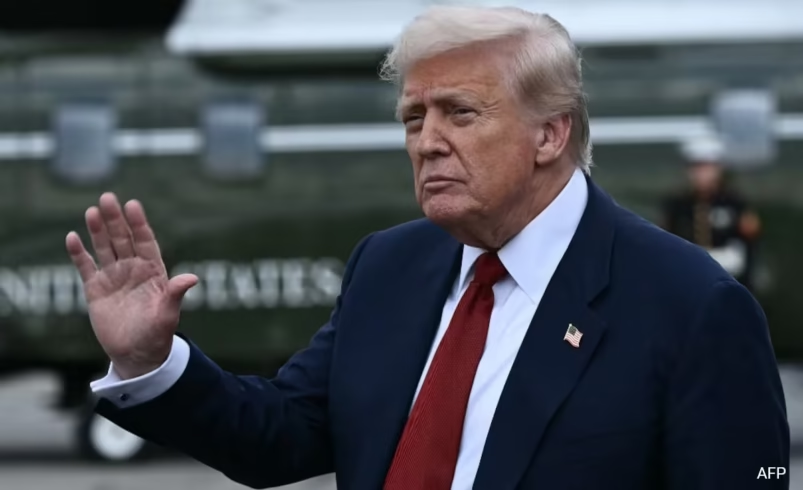Donald Trump Defends Tariffs as Strategy to Reduce National Debt
- August 4, 2025
- 0

On Monday, US President Donald Trump reiterated his support for the reciprocal tariffs imposed on numerous trading partners. He emphasized that these tariffs are a strategic move to reduce the national debt, asserting that the United States is poised to benefit from the influx of hundreds of billions of dollars. Trump expressed regret for not implementing these measures earlier, noting that his first term saw similar actions against China, but further efforts were stalled due to the COVID-19 pandemic.
Trump clarified that his intention is not to gain leverage over other countries but to ensure fairness in trade. He stated his desire for reciprocal tariffs wherever feasible, acknowledging that some countries might struggle with the adjustments. Despite potential challenges, Trump remains confident that the US will continue to receive substantial financial gains from these policies.
Barely six months into his return to the White House, Trump has significantly altered the global economic landscape. By leveraging the US’s economic power, he aims to penalize countries unwilling to agree to one-sided trade deals while extracting concessions from others. On April 2, he announced “reciprocal” taxes of up to 50% on imports from countries with trade deficits with the US and a 10% baseline tax on others. This move was justified by invoking a 1977 law declaring the trade deficit a national emergency.
The announcement initially faced backlash, prompting Trump to suspend the tariffs for 90 days to allow negotiations. Some countries eventually conceded to his demands, while those that did not faced harsher tariffs. In a recent executive order, Trump imposed higher tariffs on dozens of countries just before an August 1 deadline. The new tariffs range from 10% to 41%, affecting 69 trading partners. Notably, Syria faces a 41% tariff, Canada 35%, Brazil 50%, India 25%, Switzerland 39%, and Taiwan 20%. Conversely, tariffs on Pakistan were reduced from 29% to 19%.